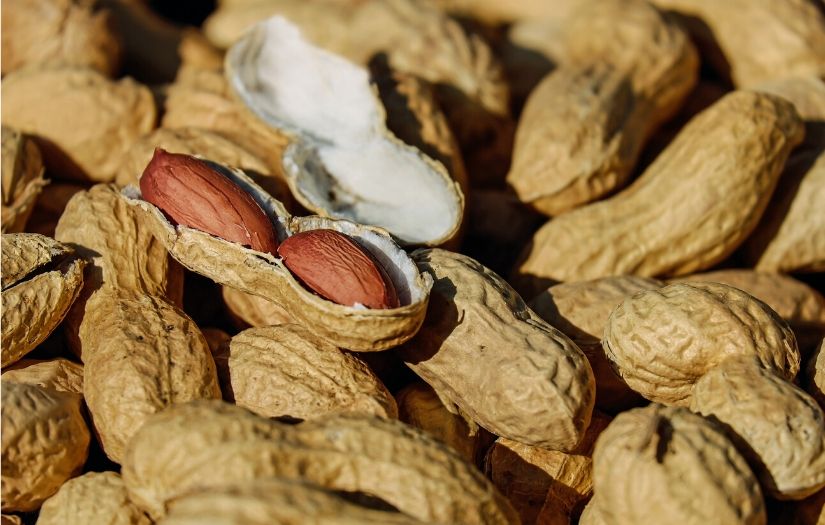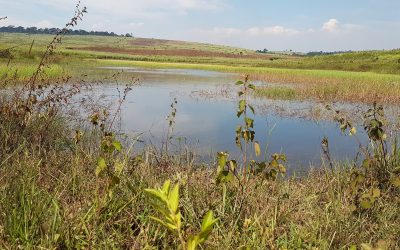If you throw a peanut in the shell to a chicken, it will eat the shell whole, because it knows that it may get stolen if it doesn’t hurry. If you throw a peanut in a shell to a guinea hen, it will try to crack it open, and but probably get the peanut stolen by a chicken in the process. It can take a guinea hen a while to crack open a peanut shell.
As I mentioned before, one of the many reasons I made the decision to work on the farm with Claudio was that I wanted to get away from thinking so much. Many people argue that growing your own food is a great act of rebellion in and of itself (getting away from corporate agriculture, basically growing money). So it sounded lovely, get out of my head, stick my hands in the dirt, ground, connect and grow food, as an act of rebellion.
With a background in International Development, I thought that after we started farming, there was a small possibility that I might feel like getting into some development work. I’m extremely critical of mainstream approaches to development, so I didn’t anticipate that I would get involved in some massive USAID vaccination program or the like, but thought that possibly I would see an interesting opportunity, start an NGO, get us some grant funding, see what happens. I had no specific plans, was just open to the possibility that it could be a direction I would move.
Claudio and I’s vision of the farm has always been something along the lines of: organic farm, add accommodations to make it a guestfarm, host yoga retreats, become an educational place where people can come and learn about organic farming, environmental sustainability, see what else emerges. I have visited many intentional community type places with some combination of environmental education and spiritual retreat as part of their mission. I envisioned us creating something similar. Most of these places have an extremely thoughtful response to any question about the most insignificant part of their work: “How is the food prepared?” “We only prepare vegan meals and the chef chants mantras the entire time the food is prepared to ensure that it is imbibed with positive energy.” “How do you all work out conflict within the community?” “We have all been trained in Nonviolent Communication. We have a 10 page written procedure for handling disagreement that I would be happy to let you read if you would like. It involves consensus decision making.” “What do you all do with your waste?” “We discourage our guests and residents from bringing disposable items on the property. When its unavoidable, we look for ways the items can be reused. We are extremely creative and always come up with beautiful and practical uses for all of our ‘waste’. But we first avoid creating any waste.”
So, every little thing on the farm that I have encountered, which is in opposition to this Utopian vision of the perfect intentional, sustainable, spiritual community/retreat center, has made me cringe. Every time I pick a plastic bag or a beer can out of the compost pile. Every time I see someone throw “trash” on the ground. Every time I see someone hunting birds or fishing on the farm. Every time I see people get drunk and start arguing/fighting. Every time someone burns the grass to clear the land for planting. My mantra previously when things like this happened was “step by step“. Sooner or later, they will come over to our vision. Rome was not built in a day.
I picture some of the permaculture, development and/or spiritual purists that I have met at some of these spiritual retreat centers coming to visit our farm. I imagine them asking about our construction methods, and me trying to explain why we are using cement instead of straw bale. I picture them asking about the people hunting birds, burning the fields, etc and me not being able to come up with a satisfactorily acceptable purist answer. I had thought that possibly part of the “development project” I might start would have to do with sustainable building, wildlife conservation, renewable energy or organic farming. Somehow, this information must be shared.
Then it hit me. The peanut shell started cracking open. This is a very unique context. Of course, every context is unique. But seriously, this is very unique. Most of the spiritual retreat centers that I know of were started on “vacant” land. Devoid of humans. All humans brought into the project came in voluntarily. They consciously signed up for the consensus decision making, vegan meals and alcohol free policy. Sure, there may have been a surrounding local community with which the idealists had to figure out how to cooperate. But on their land, it was just them, with their ideals.
This farm has a complicated past with long periods of neglect, where many people moved in. Some just moved in for farming, but still maintain a house elsewhere. Many people maintain a primary residence on the farm. Many other people from the local community interact with the land in a variety of other ways including hunting, fishing and foraging. Every decision we make on the farm impacts many people.
In wildlife conservation circles, there is a continuing debate over the “fenced-in animals, humans-kicked-out” model that is probably familiar to many of us in our national parks. Since landscapes devoid of people is not a very practical idea, the latest trend is a community conservation model where humans are allowed to stay on the land as stewards of the wildlife. The peanut shell cracked all the way open. Our organic farm is more like the community conservation model, whereas most organic farms are probably more like the national park model. Humans living on the land is part of our reality. So, it may not be a situation of Claudio and I bringing the local community on board with our vision. Perhaps our vision needs to be more flexible to accommodate all the different interests in the land. Perhaps we are not going to create a vegan spiritual retreat center with consensus decision making and straw bale housing. Perhaps it will be a much more beautiful hybrid of local community values/interests and Claudio and I’s environmental values.
I’m not aware of other farms in this unique situation. It is private land, owned by Claudio’s family. But it is currently being administered more like communal land. As we navigate this terrain, we will need to take into account the interests of Claudio’s family, all of the different people with different connections to the land, as well as Claudio and I’s vision. I’m letting go of our very specific vision and opening to something completely new and different which may manifest when humans with all their complexity are included in the process.





What a really interesting and unique situation.
Fascinating….. it is a melting pot of so many variables
and values.
Hmmmmm…. I really appreciate your blogging on it
so that we all get to vicariously see how this is going to
unfold.
Thanks so much, Judith! I’m also excited to see how it will unfold. 🙂